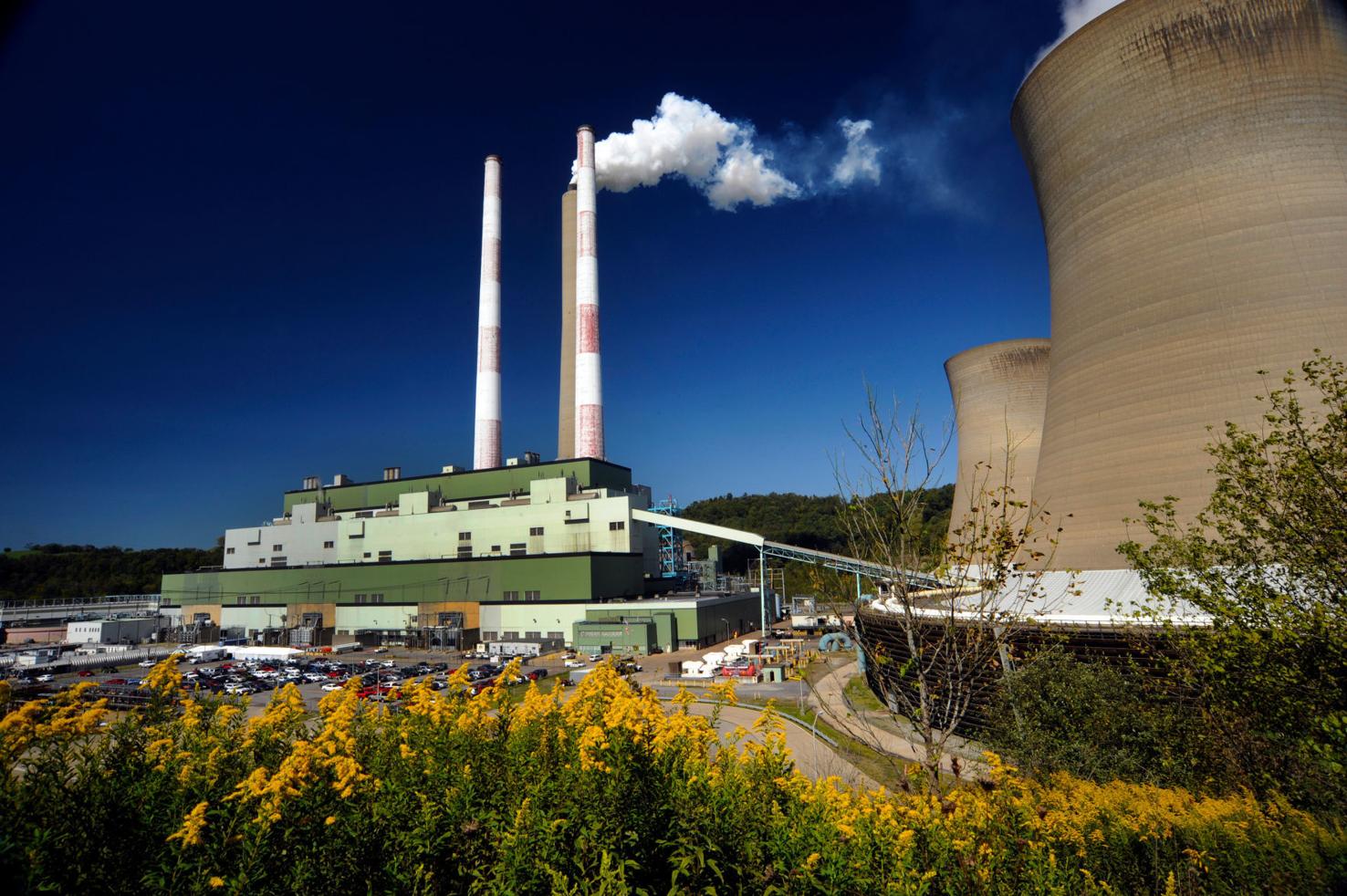Lung cancer and smoking rates in the state lag behind the rest of the country and aren’t showing any signs of improvement, according to a new report.
The American Lung Association’s 2023 “State of Lung Cancer” report ranked West Virginia 47 out of 48 states included in the report for new lung cancer cases.
“Unfortunately, West Virginia ranked second highest in the nation for new lung cancer cases, and the worst in the nation for adults who currently smoke,” said Aimee Van Cleave, advocacy director for the American Lung Association in West Virginia. “So there’s so much more work that is needed to reduce the burden of lung cancer, particularly in West Virginia.”
According to the report, West Virginians aren’t surviving lung cancer, either.
Bob Herron, a thoracic surgeon and the director of lung cancer screening at WVU Medicine Wheeling Hospital in Wheeling, said while the numbers say the state is making slow, steady progress, there’s still a lot of work to do.
“We are at the bottom of the lists of a lot of the major categories such as the new lung cancer cases,” Herron said. “I believe we were 47 out of 51. And we also ranked 37 out of 42 in lung cancer survival at 22.4 percent.”
The national survival rate is 26 percent. While rates of smoking in West Virginia are alarming, Van Cleave said there are other contributing factors to West Virginia’s rates of lung cancer.
“The bottom line is, if you have lungs, you can get lung cancer,” Van Cleave said. “So while smoking is the leading risk factor for lung cancer, there are so many other things that contribute to that as well, including environmental air quality, including exposure to radon and even your genetics.”
Radon is a naturally occurring, colorless, odorless and tasteless gas. Van Cleave said homeowners should keep Radon detectors up to date to avoid exposure. West Virginia ranked 31 out of 51 states and Puerto Rico surveyed in Radon exposure.
“If you’re breathing things in the air that your body is not meant to breathe, that has detrimental impacts on your body, which is why we spend so much time at the lung association looking at all of the different risk factors related to lung cancer,” Van Cleave said.
Van Cleave and Herron encouraged people who might be at high risk to take a survey at savedbythescan.org. It helps determine eligibility for a new kind of low-dose CT scan to check for lung cancer.
“I would implore people who fit that bill to ask their primary care physician about it and to get the ball rolling to get a low dose CT to evaluate for a lung nodule, or potential lung cancer that could be potentially, discovered in the earlier stages as opposed to the later stages, which, as everybody knows, an early stage cancer is so much more feasible and easier to cure than the latter stage,” Herron said.
According to Van Cleave, a long-term solution to the lung cancer and smoking problem could be brought about by legislative action from state lawmakers.
“That is why the lung association calls on state legislators to increase funding for tobacco control of cessation efforts, which have been dramatically underfunded year after year to the cost of countless lives,” Van Cleave said.
While West Virginia has shown improvement over the past five years in new cases, survival and early diagnosis, experts say there is still plenty of work to do.
Appalachia Health News is a project of West Virginia Public Broadcasting with support from Charleston Area Medical Center and Marshall Health.
